Description
Dobutamine Injection is a selective β1-adrenergic agonist used in Pakistan to enhance heart muscle contraction and improve blood circulation in conditions requiring short-term cardiac support, such as heart failure or post-heart surgery. It’s vital in critical care settings like ICUs in Karachi or Lahore, where heart conditions are prevalent due to high diabetes and hypertension rates. Available in vials (e.g., 250mg/20ml), it’s priced around Rs. 300-500 per vial, prescription-only, and distributed through DRAP-registered pharmacies.
How It Functions
Dobutamine stimulates β1-adrenergic receptors in the heart, increasing contractility and heart rate to boost cardiac output. Chemically, it’s (±)-4-[2-[[3-(4-hydroxyphenyl)-1-methylpropyl]amino]ethyl]pyrocatechol hydrochloride. It enhances stroke volume and blood flow, primarily affecting the heart with minimal impact on blood vessels. Effects start within 1-2 minutes of IV infusion, peaking at 10-20 minutes, lasting as long as the infusion continues.
Dosage Information
Administered IV by healthcare professionals in a hospital setting:
- Adults: Start at 0.5-1 mcg/kg/min, titrated up to 2-20 mcg/kg/min based on response, rarely exceeding 40 mcg/kg/min. Infuse via a central or large peripheral vein, diluted in 50-100ml D5W or NS, over several hours (typically <72 hours).
- Children: Not routinely used; weight-based dosing (e.g., 2-20 mcg/kg/min) if prescribed. Monitor heart rate, blood pressure, and ECG continuously; stop if no improvement or side effects occur. Not for self-administration.
Side Effects
- Very Common (>1 in 10): Nausea, headache.
- Common (up to 1 in 10): Chest pain, increased heart rate, palpitations, high/low blood pressure.
- Rare: Rash, fever, difficulty breathing/swallowing, dizziness, weakness, fainting, injection site pain/redness/swelling, arrhythmias.
Drug Interactions
Dobutamine may interact with:
- Beta-blockers (e.g., atenolol): Reduces dobutamine effect.
- MAO inhibitors (e.g., phenelzine): Causes severe hypertension.
- Tricyclic antidepressants: Increases arrhythmia risk.
- General anesthetics (e.g., halothane): Enhances cardiac sensitivity.
- Digoxin: Heightens arrhythmia risk.
Indications
Approved for:
- Short-term treatment of heart failure (e.g., decompensated heart failure).
- Cardiac support post-heart surgery or in cardiogenic shock.
- Stress testing in cardiac diagnostics (under specialist supervision).
When Not to Use
Avoid in:
- Hypersensitivity to dobutamine or excipients.
- Idiopathic hypertrophic subaortic stenosis (IHSS).
- Recent heart attack or uncontrolled atrial fibrillation without monitoring.
- Pheochromocytoma or severe hypertension.
Precautions
- Monitor heart rate, blood pressure, and ECG continuously during infusion.
- Use cautiously in high blood pressure, atrial fibrillation, or recent heart attack; adjust dose slowly.
- Ensure proper IV line placement to avoid extravasation; use central vein if possible.
- Avoid in pregnancy/breastfeeding unless critical; consult physician.
- Buy from DRAP-registered pharmacies; check holograms to avoid counterfeits.
Warnings
- Arrhythmias: May cause life-threatening heart rhythm changes; stop if severe.
- Hypersensitivity: Stop immediately if rash, fever, or breathing difficulty occurs; seek urgent care.
- Hypotension: Risk of blood pressure drop; monitor closely in volume-depleted patients.
- Pregnancy: Avoid unless essential; potential fetal risks.
- Injection site: Pain or tissue damage possible; rotate sites and monitor.
Additional Notes
- Pregnancy Category: Consult physician; category B, use only if critical.
- Breastfeeding: Unknown effects; avoid or consult physician.
- Availability: Common in hospital pharmacies; generics like Dobutrex available.
- Stability: Diluted solution stable for 24 hours at room temperature; discard if discolored.
- Reporting: Log batch for side effects; report to DRAP for quality control.
Doctor Review
Dr. Tariq Mehmood, a cardiologist in Islamabad, notes Dobutamine’s critical role in boosting heart function in acute heart failure, vital in Pakistan’s high-cardiac-risk population. DRAP data supports its short-term efficacy, but Dr. Mehmood stresses continuous monitoring for arrhythmias and avoiding overuse.
Disclaimer
This is general product information, not a prescription or medical advice. Consult your doctor or pharmacist for personal guidance.

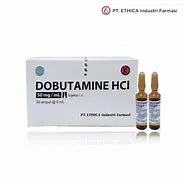
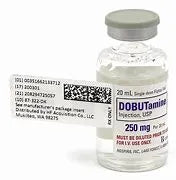
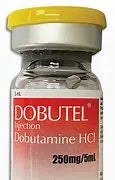
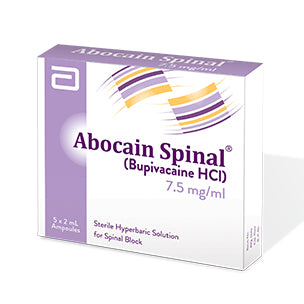
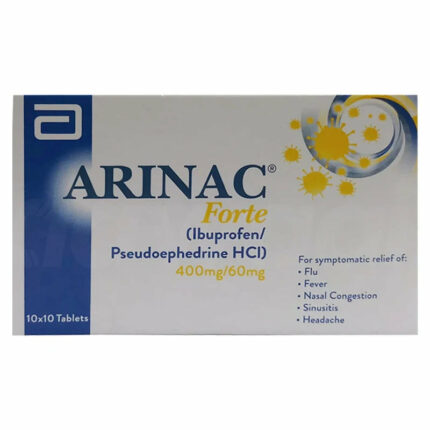
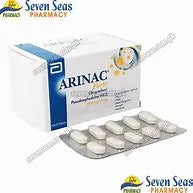
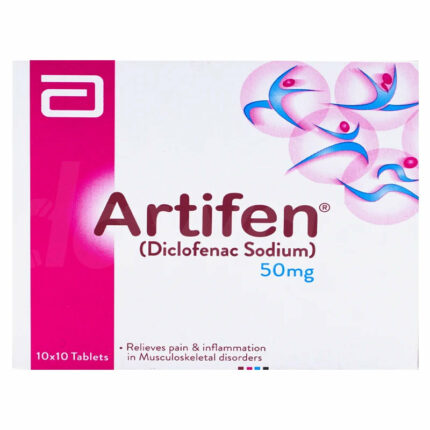
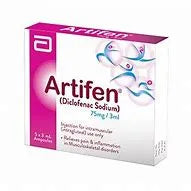
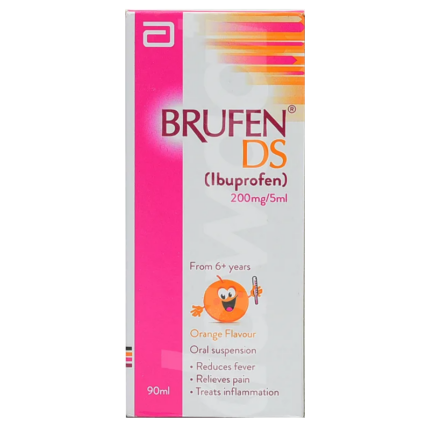
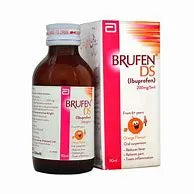
Reviews
There are no reviews yet.